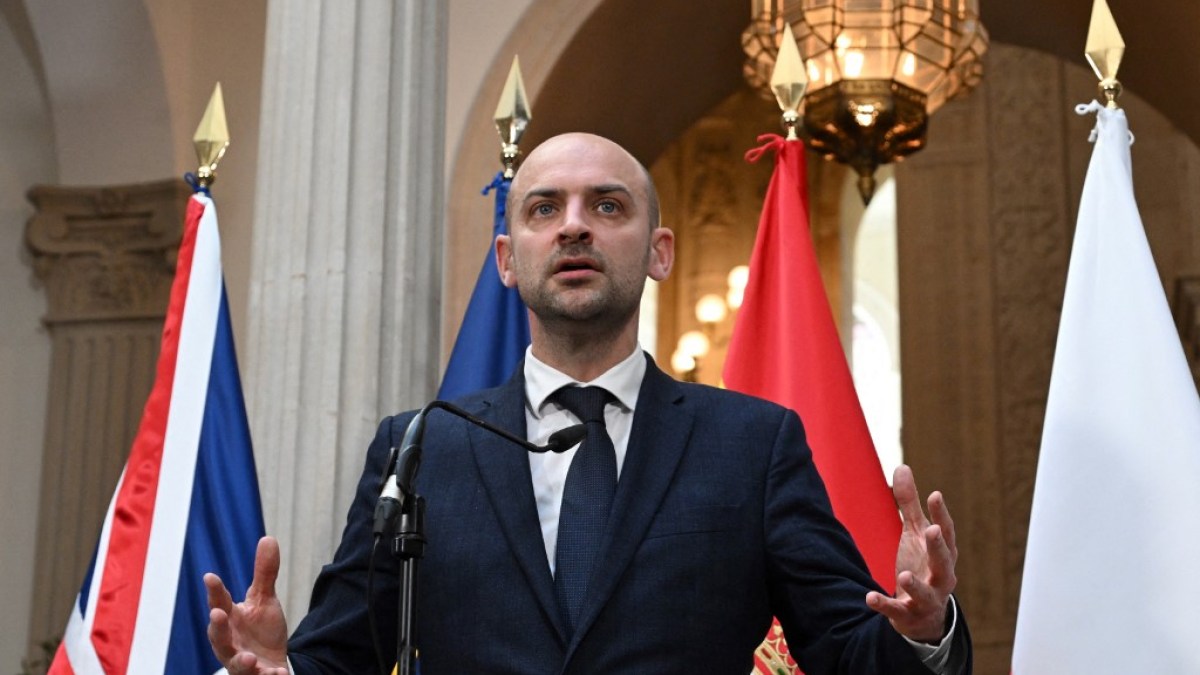Iran Nuclear Talks: Military Clash Looms? A Tense Standoff
The ongoing negotiations surrounding Iran's nuclear program have reached a critical juncture, raising serious concerns about the potential for a military conflict. While diplomatic efforts continue, escalating tensions and a hardening of positions from both sides fuel anxieties about a possible escalation. This article will delve into the current state of the talks, the key players involved, and the potential consequences of a military confrontation.
The Current State of Play:
The talks, which aim to revive the 2015 Iran nuclear deal (JCPOA), have been stalled for months. The primary sticking points remain Iran's demand for guarantees that future U.S. administrations will adhere to the agreement, and the ongoing concerns about Iran's advanced uranium enrichment capabilities. The recent seizure of a South Korean-flagged oil tanker by Iranian forces further exacerbated the already fragile situation, demonstrating a willingness to escalate tensions beyond diplomatic channels.
Key Players and Their Positions:
-
Iran: Iran insists on the complete lifting of all sanctions imposed by the United States and its allies before returning to full compliance with the JCPOA. They are also pushing for assurances regarding their future nuclear program's development. Hardliners within the Iranian government are increasingly vocal, suggesting a willingness to pursue a military path if negotiations fail.
-
United States: The Biden administration has expressed a willingness to return to the JCPOA but has also warned Iran against any further nuclear advancements. The US maintains significant military presence in the region, capable of swift and decisive action. However, a military strike remains a last resort, fraught with significant risks.
-
Other World Powers: The UK, France, Germany, Russia, and China are all involved in the talks, attempting to mediate between Iran and the US. Their positions vary, but they generally favor a diplomatic solution to avoid a wider conflict. The role of these nations will be crucial in de-escalating tensions and facilitating future negotiations.
The Threat of Military Conflict:
A military clash carries devastating consequences for the entire region and potentially beyond. A strike on Iranian nuclear facilities could trigger a retaliatory attack, potentially involving Iranian proxies in the region and escalating into a broader conflict. Such a conflict could disrupt global oil markets, leading to significant economic repercussions. Furthermore, the human cost of such a conflict would be immense.
Potential Scenarios and Outcomes:
Several scenarios are possible:
-
A negotiated agreement: This remains the most desirable outcome, although the obstacles are significant. A successful negotiation would require significant compromises from all parties involved.
-
Continued stalemate: A continued stalemate could lead to further escalation, potentially including a military confrontation.
-
Military strike: A military strike by the US or its allies remains a possibility, albeit a highly risky one with unpredictable consequences. This outcome would likely lead to a protracted and costly conflict.
Looking Ahead:
The coming weeks and months will be critical in determining the future trajectory of the Iranian nuclear issue. The international community must continue its diplomatic efforts to prevent a military confrontation. However, the possibility of a military clash cannot be dismissed, and the world must brace for the potentially devastating consequences of such a conflict.
Call to Action: Stay informed about the latest developments in the Iran nuclear talks. Follow reputable news sources for accurate and unbiased reporting. Your understanding of this critical issue is vital in shaping informed public opinion.

